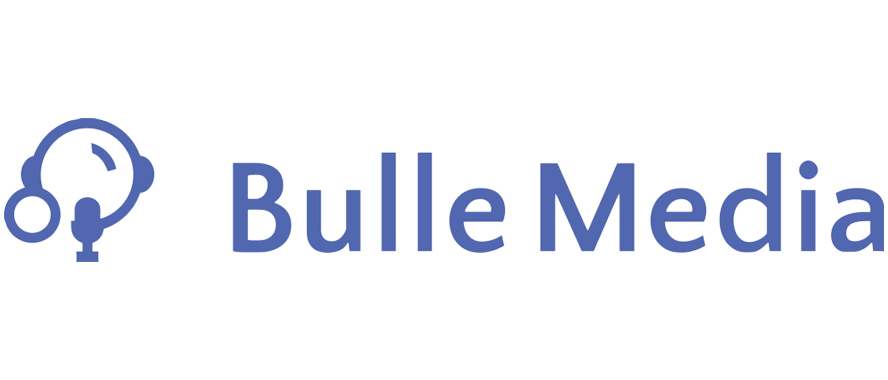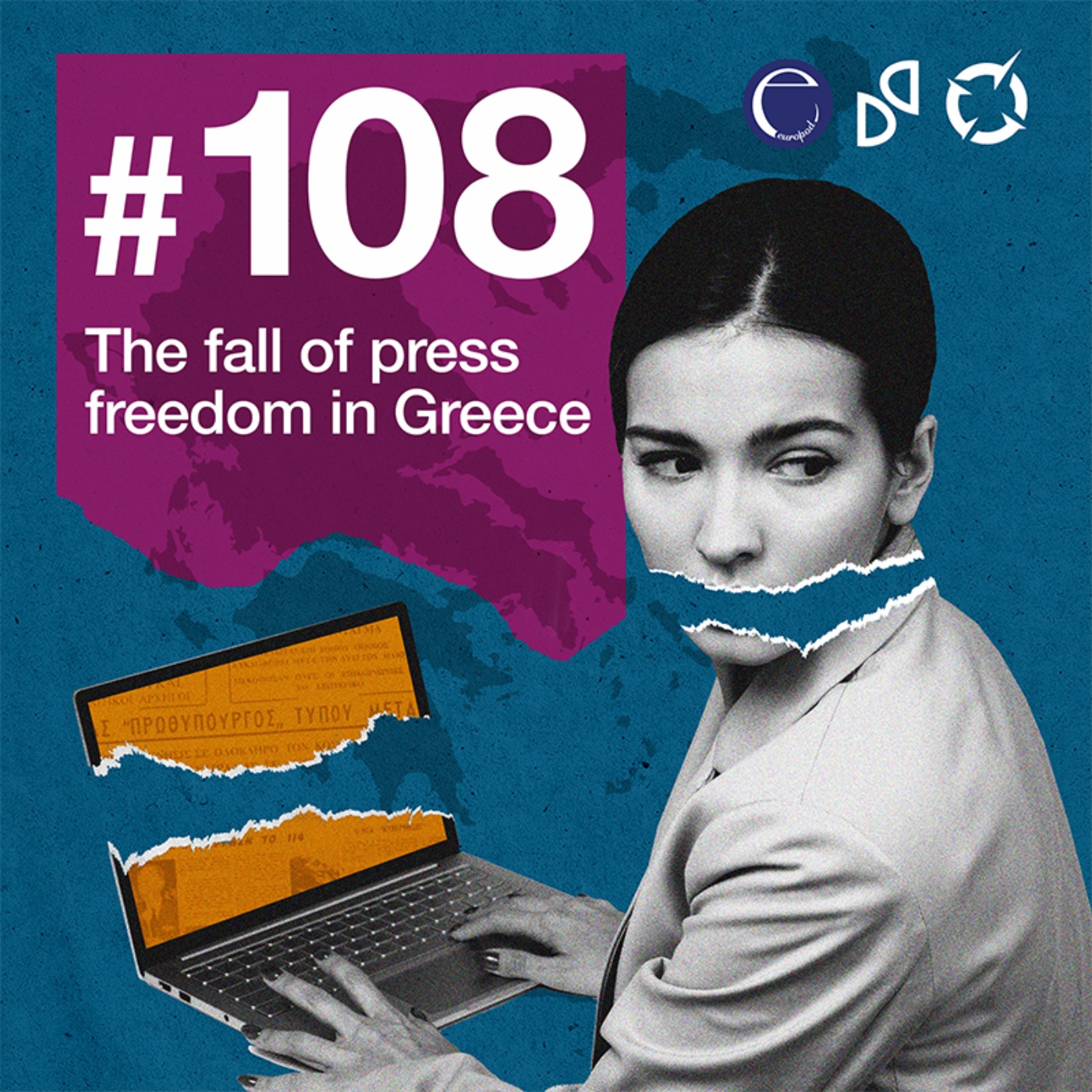Sueños de agua y sal es una serie de podcast inspirada en cinco historias reales de mujeres que han tenido que migrar a España por diferentes motivos. Mediante la combinación de testimonios reales con ficción sonora, descubrimos un pedacito de sus vidas y de las dificultades que las atraviesan.
Marejada: exaltación de los ánimos y señal de disgusto, murmuración o censura, manifestada por varias personas. Suele preceder al verdadero alboroto. Así es como Zale recuerda a través de una taza de té su vida en Guinea Ecuatorial tras haberle diagnosticado VIH.
La migración económica se encuentra presente en todas nuestras historias, en este capítulo escuchamos la voz de Zale, quien tuvo que marcharse de su país por su salud y la falta de recursos médicos. Una situación agravada por el nivel de desinformación entre aquellos que la rodeaban.
Sueños de agua y sal. Una producción sonora para Sphera Podcast Contest ofrecida por Marta Villarte y Aurora Martínez. Escucha el desenlace de esta historia en el capítulo 6, disponible en Europod y plataformas de streaming.
En este capítulo han puesto su voz: Leyre Gonzalo como Zale, Juan Vicente, Arancha Antón, Marta Villarte, Miguel Remiro, Aurora Martínez, Montse Marín, educadora PAR de la asociación OMSIDA y Jancho Barrios, presidente de OMSIDA Zaragoza. Música original por Camille, interpretada por Raquel Sanz y Miguel Remiro.


